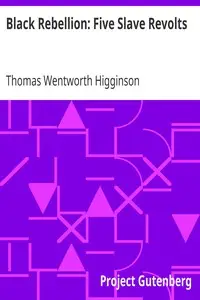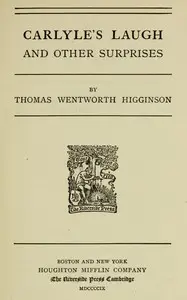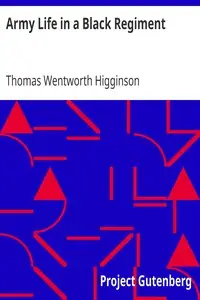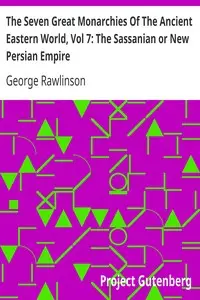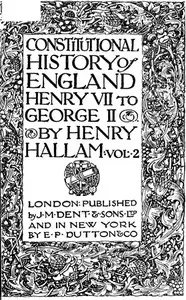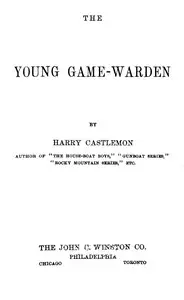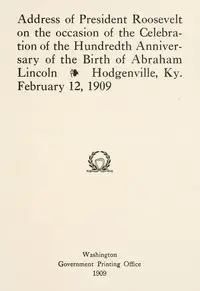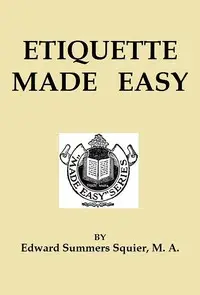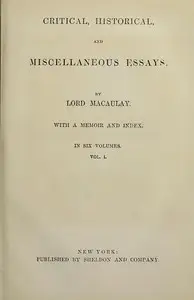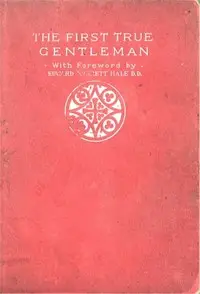"The Sympathy of Religions" by Thomas Wentworth Higginson is an address delivered in the late 19th century that explores the interconnectedness of various world religions. This book, categorized as a philosophical and theological discussion, highlights how different faiths share underlying principles and aspirations, advocating for a unified understanding of spirituality rather than an exclusive perspective on religious truth. Higginson's work emphasizes the notion that all religions are expressions of a shared moral and spiritual heritage, suggesting that a deeper appreciation for their commonalities can lead to greater harmony among diverse peoples. In this address, Higginson articulates the idea that while religions may appear different in practices and beliefs, at their core, they reflect a universal yearning for a relationship with the divine and a commitment to ethical conduct. He draws upon various religious traditions, citing similarities in moral codes and teachings about love and compassion. Through numerous examples from historical and contemporary contexts, he argues for the "symphony" of religions, suggesting that each contributes a distinct instrument to a larger harmony of spiritual understanding. Ultimately, Higginson calls for an embrace of this religious sympathy, urging readers to acknowledge the inherent dignity and value found in all faiths, and to work toward a collective expression of our shared humanity. (This is an automatically generated summary.)
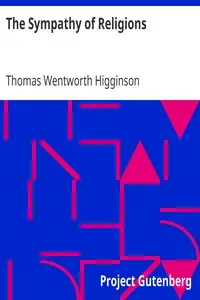
The Sympathy of Religions
By Thomas Wentworth Higginson
"The Sympathy of Religions" by Thomas Wentworth Higginson is an address delivered in the late 19th century that explores the interconnectedness of var...
Thomas Wentworth Higginson, who went by the name Wentworth, was an American Unitarian minister, author, abolitionist, politician, and soldier. He was active in abolitionism in the United States during the 1840s and 1850s, identifying himself with disunion and militant abolitionism. He was a member of the Secret Six who supported John Brown. During the Civil War, he served as colonel of the 1st South Carolina Volunteers, the first federally authorized black regiment, from 1862 to 1864. Following the war, he wrote about his experiences with African-American soldiers and devoted much of the rest of his life to fighting for the rights of freed people, women, and other disfranchised peoples. He is also remembered as a mentor to poet Emily Dickinson.

